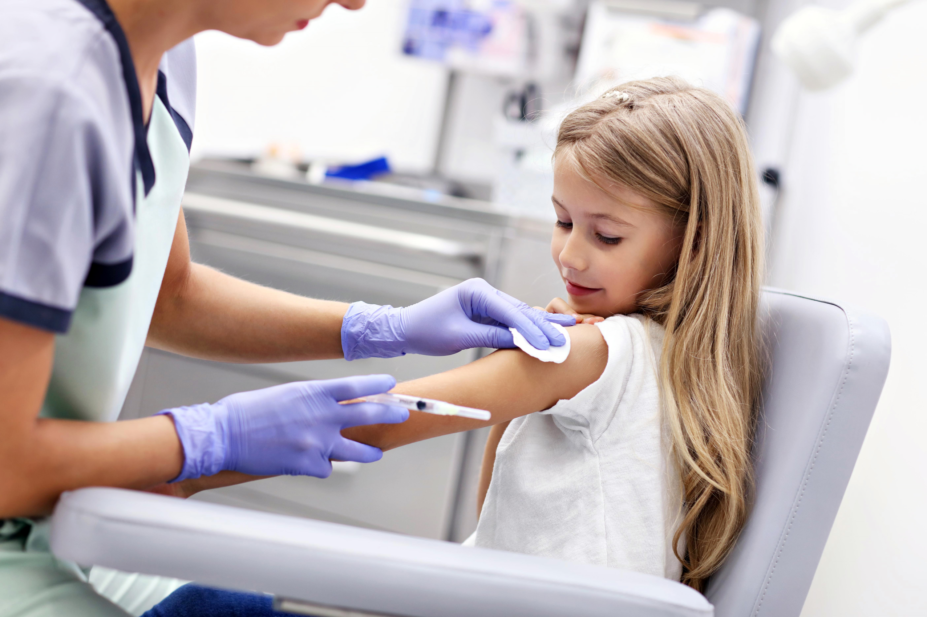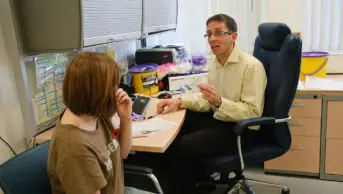
Shutterstock.com
Around 90,000 five-year-olds in England are not fully up to date with the measles, mumps and rubella (MMR) vaccine, according to data from Public Health England (PHE).
This figure means that around one in seven children have not had their second and final dose of the vaccine, which is usually administered when a child reaches the age of three years and four months.
London was found to have the lowest levels of MMR vaccination, with around 28,000 — or one in four — five-year-olds having not received their second dose.
The data, covering the period January to March 2019, showed that around 30,000 five-year olds in England have not even received the first MMR dose, which is usually given at around one year of age.
Mary Ramsay, head of immunisation at PHE, said: “It’s a real concern that so many young children — as many as a quarter of a reception class in some areas — could be starting school without the full protection that the NHS childhood immunisation programme offers for free.”
She added that PHE is “particularly concerned about children being at greater risk of measles”.
The publication of the PHE data comes after the government confirmed that the World Health Organization (WHO) stripped the UK of its “measles-free” status on 18 August 2019, three years after the virus was eliminated in 2016.
As a result, on the same day, prime minister Boris Johnson called for health leaders to renew efforts to meet 95% target coverage for both doses of MMR.
The PHE report also said that around 100,000 (one in eight) five-year olds across England have not had the DTaP-IPV vaccine — a four-in-one pre-school booster that offers protection against diphtheria, whooping cough, tetanus and polio. DTaP-IPV is usually given at the age of three years and four months.


